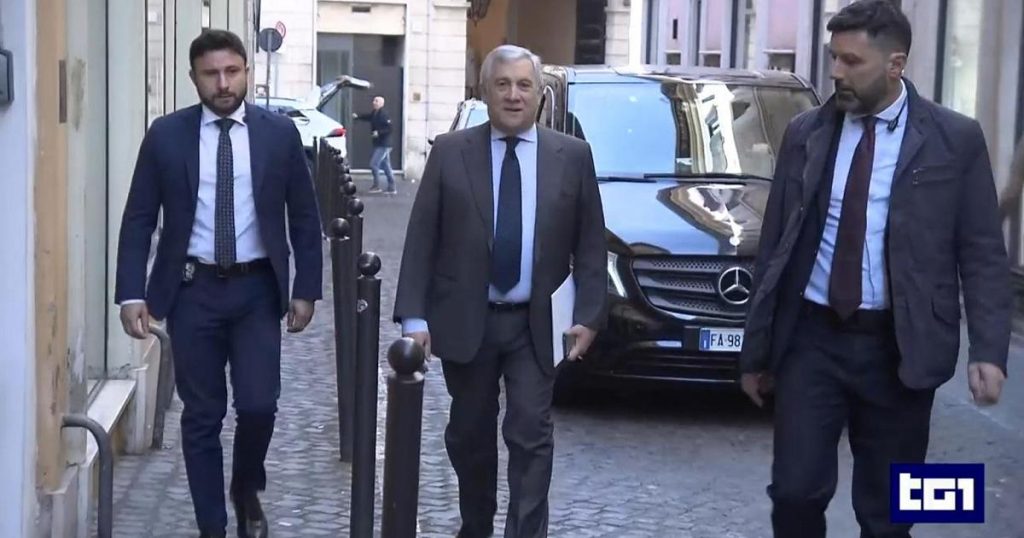The focus is on the autumn budget plan in Italy, with different political parties outlining their priorities. Fratelli d’Italia senator Raffaele Speranzon claims credit for ending wasteful spending on superbonus and basic income, citing new incentives for hiring. The Lega party aims to introduce a budget supporting domestic demand and lower-middle class sectors, while Forza Italia proposes tax measures for vulnerable groups and working women. However, the Democratic Party criticizes the lack of funding sources, predicting cuts to healthcare, pensions, and local authorities. Senator Ettore Licheri of the Movimento 5 Stelle criticizes another austerity-oriented budget following the signing of a stability pact in Europe. Alleanza verdi-sinistra accuses the majority of wanting to reduce taxes for the wealthy.
In Liguria, field tests are underway, with Italia Viva hinting at leaving the majority in the Genoa city council administration. The situation involving Maria Rosaria Boccia, an alleged consultant for the Ministry of Culture, also remains a topic of discussion. Opposition parties are calling for clarification from Minister Gennaro Sangiuliano regarding this issue. Economic policy decisions are driving the political discourse, with different parties advocating for their priorities in the upcoming budget plan. While some highlight the need to support lower-income groups and boost domestic demand, others criticize the lack of funding sources and potential cuts to essential services like healthcare and pensions.
Fratelli d’Italia senator Raffaele Speranzon takes credit for ending wasteful spending on programs like superbonus and basic income, emphasizing new incentives for hiring as a more effective way to support the economy. The Lega party seeks to prioritize measures that benefit the lower-middle class and stimulate domestic demand, while Forza Italia focuses on tax relief for vulnerable groups and working women. In contrast, the Democratic Party raises concerns about the lack of funding sources and warns of potential cuts to essential services. Movimento 5 Stelle senator Ettore Licheri criticizes what he perceives as another austerity-oriented budget in the wake of a stability pact signed in Europe.
The Alleanza verdi-sinistra party accuses the majority of wanting to reduce taxes for the wealthy, highlighting the ongoing debate over economic policy priorities. Meanwhile, a shift in political dynamics is evident in Liguria, where Italia Viva signals a potential exit from the majority in the Genoa city council administration. The controversy surrounding Maria Rosaria Boccia, an alleged consultant for the Ministry of Culture, adds another layer of complexity to the political landscape. Opposition parties are calling for transparency and clarification from Minister Gennaro Sangiuliano on this matter, reflecting the wider tensions and debates within the political sphere.
The upcoming budget plan in Italy is shaping up to be a battleground for different political parties, as they outline their priorities and critique each other’s proposals. While some parties focus on supporting lower-income groups and boosting domestic demand, others raise concerns about funding sources and potential cuts to essential services. The ongoing debate over economic policy decisions underscores the broader challenges facing Italy’s political landscape, with parties jockeying for position and seeking to influence the direction of the country’s fiscal policies. As the political discourse unfolds, the focus remains on the implications of these budget decisions for various sectors of society and the overall economic well-being of the country.















